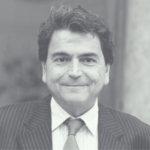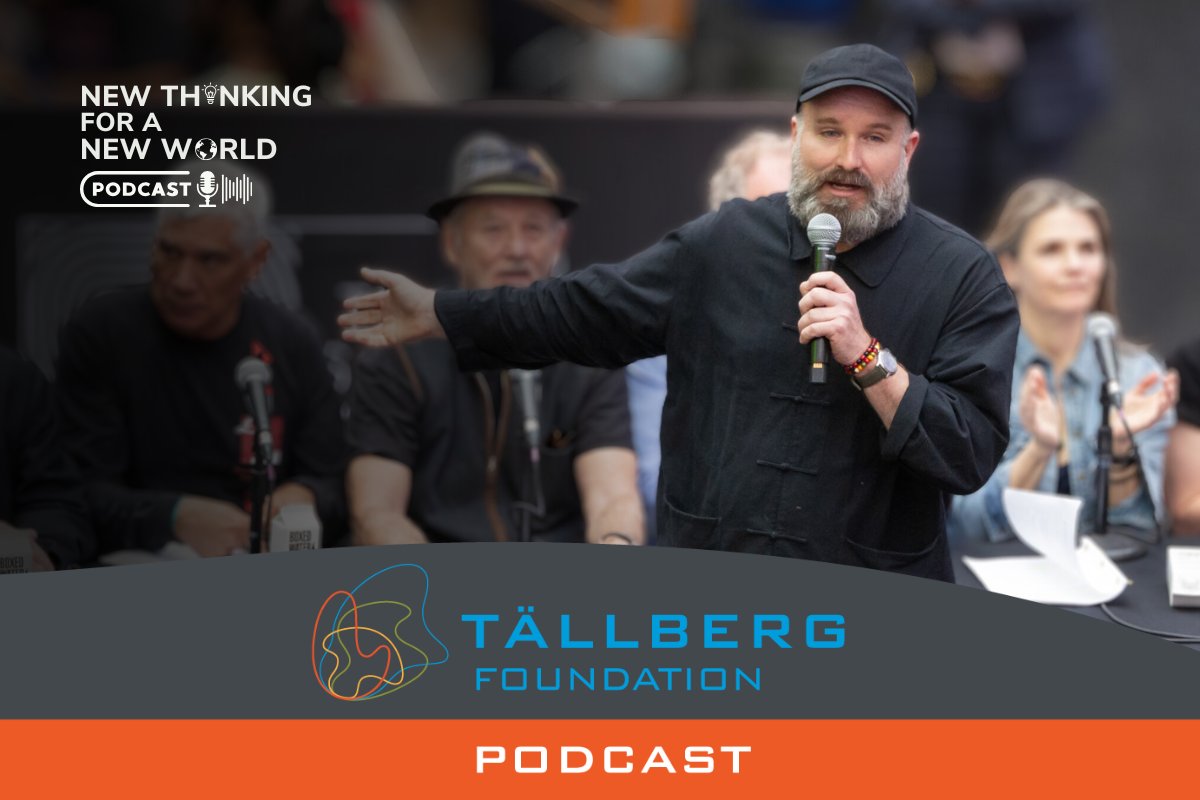Macron’s dilemma: European sovereignty or alienating allies? Former French politician Pierre Lellouche analyzes Macron’s blunders and their impact on France on New Thinking for a New World.
French President, Emmanuel Macron, has had a complicated few weeks.
On the one hand, China’s President Xi gave him red-carpet treatment in Beijing, where Macron, again, made his case for European strategic sovereignty — code for independence from the United States — and said that Europe should not follow America’s lead on Taiwan. Both were music to Chinese ears.
On the other, his Taiwan comments stirred widespread anger across Europe and, of course, in Washington. He was burned in effigy in Paris during massive protests against pension reform, shouted down by hecklers in Amsterdam who challenged his democratic credentials, and lectured by even the Iranian government to respect the rights of protesters in the streets. His approval rating is below 30%, and the most recent polls suggest that if the election were held today instead of two years ago, Marine Le Pen would beat him in a landslide. Protesters have taken to reminding him that King Louis XVI ended his reign on the guillotine.
What’s going on?
There seem to be only two possibilities. Either Macron has lost his way, which is dangerous for a president of an important country with four years left on his mandate, or he’s playing a long game that only he understands.
Our guest on New Thinking for a New World, has strong views on those alternatives. Pierre Lellouche is a former French parliamentarian, government minister, diplomat, and widely-published commentator in France. He is deeply worried about what he sees as Macron’s strategic and political mistakes and the consequences for his country.
***
Do you agree that Macron’s use of the French constitutional provision allowing him to bypass Parliament and force an increase in France’s retirement age, was anti-democratic? Tell us what you think in the comments section below.
***
Listen to the episode here or find the New Thinking for a New World podcast on a platform of your choice (Apple podcast, Spotify, Stitcher, Google podcast, Youtube, etc).
 Pierre Lellouche holds a doctorate from Paris and Harvard Law School. He was a co-founder of the French Institute for International Relations (IFRI), a practicing lawyer as well as a columnist in a variety of French and international media.
Pierre Lellouche holds a doctorate from Paris and Harvard Law School. He was a co-founder of the French Institute for International Relations (IFRI), a practicing lawyer as well as a columnist in a variety of French and international media.
Since the early 1990s when he became Jacques Chirac’s diplomatic adviser, he served 5 terms in the French National Assembly, and twice as a Minister (Europe and Foreign trade). Other appointments include President of NATO Parliamentary Assembly, special Representative for Afghanistan and Pakistan, French Negotiator for ITER (thermonuclear fusion).
He is now an Associate Partner with Agora Strategy Group (Munich), and a Columnist for Marianne Magazine and French TV network CNews.
Pierre Lellouche is the author of many books and articles on international affairs. His latest book is ”Une guerre sans fin”, 2016.




1. Integration of the Constitution
The use of the right to bypass parliament is only in a manner that does not conflict with higher constitutional provisions
The most important of which is democratic governance and the sovereignty of the people
It is not permissible constitutionally to pass a law that contradicts the will of the people
The constitutional structure is based on a set of higher provisions from which lower provisions emanate
It is not permissible to activate a lower ruling that conflicts with a higher ruling in the constitution
2. The constitutional mechanism
Overcoming the dispute is through a constitutional mechanism not stipulated in the constitution
It is a major constitutional error, and a back door for abuses
In the case of conflict between the will of the parliament and the president, a joint committee is formed between them to agree
In the case of continued conflict, the will of Parliament shall be agree. as it a constitutional representative of the people
3. The constitutional referendum
The president has the right to hold a popular referendum for pass a law
the only way as constitutionally right
to bypass parliament by the upper constitutionally right of the people